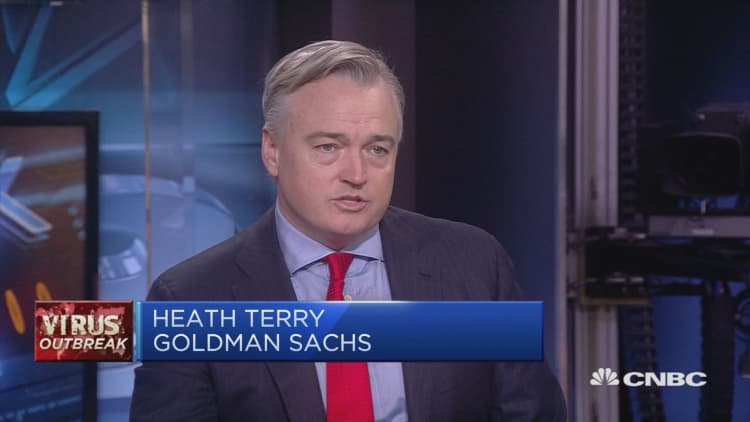In a reversal of its previous policy, Google's YouTube is planning on enabling ads on some videos discussing coronavirus, CEO Susan Wojcicki wrote in a blog post Wednesday.
YouTube previously did not allow monetization if a video includes more than "a passing mention" of the coronavirus, since Google has a "sensitive events" policy that prevents the company from capitalizing on events like the outbreak.
"It's becoming clear this issue is now an ongoing and important part of everyday conversation, and we want to make sure news organizations and creators can continue producing quality videos in a sustainable way," the post says. The company will discontinue classifying COVID-19 content as a "sensitive event," the company said.
The latest policy update comes as the company faces its role as a large platform where people turn for information and news. Its monetization policies have been controversial, as some viewers and lawmakers have concerned that they help the spread of viral misinformation, while creators have sometimes complained about seemingly inconsistent criteria for bans. YouTube ads generated $15.15 billion in revenue in 2019, with $4.72 billion in the fourth quarter alone, but that amount fell short of some analysts' expectations.
The revised YouTube policy will apply to a limited number of channels, including some from creators who "self-certify" and a range of news partners. News partners will include many of the same featured in YouTube's "news" section, a Google spokesperson said, declining to provide specifics.
With YouTube's "self-certification" program, creators can tell YouTube what content is in a video, then automated systems decide whether it can have ads on it. If a creator disagrees, they can request a human review. Google didn't immediately say how long this process can take for a creator.
Videos still have to meet guidelines that make them suitable for ads, like not including inappropriate language, violence, adult or hateful content, Google added.
In recent weeks, tech giants including Google, Facebook and Amazon have seen third parties rushing in to make money from people searching for information and supplies pertaining to the outbreak. CNBC last week found numerous examples of Google ads for products claiming to protect against the coronavirus, despite Google's policies. The company said this week said it was banning medical face mask ads temporarily.
Meanwhile, news publishers have grappled with advertisers increasingly blocking coronavirus-related content, a common practice for brands not wanting to be alongside graphic or controversial news content.




